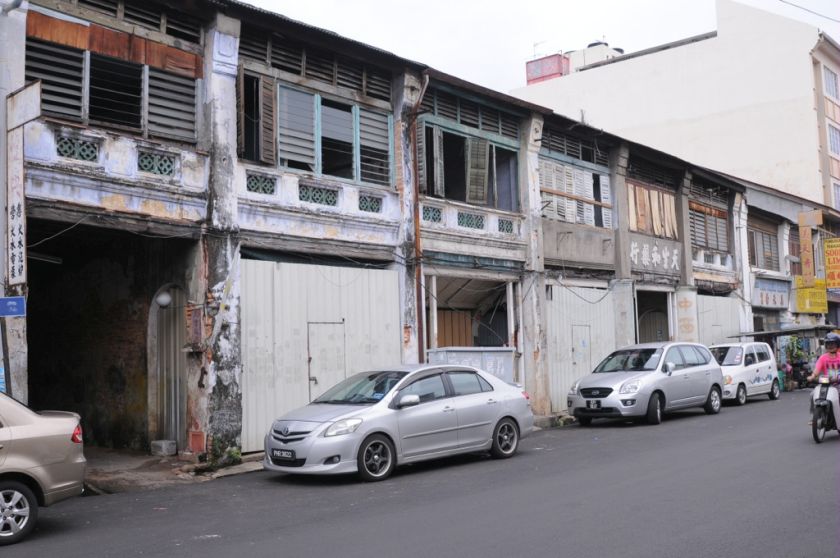GEORGE TOWN, Nov 30 — The Penang government cannot stop the eviction of existing tenants including traders from pre-war shophouses within the heritage zone but is looking at offering them alternative locations instead, Penang Chief Minister Lim Guan Eng said today.
Lim said that the state government has limited powers in this area as it could not govern the rental rates within the zone which has escalated within the last few years.
"We are concerned over the eviction of existing tenants but these are the consequences from the repeal of the Rent Control Act," he said.
The Rent Control Act, which previously set a maximum rental rate, was abolished in 1999 allowing house owners to increase the rental rates to ten or twenty times higher than its previous rates.
He said the elected representatives of the affected residents are looking at ways to help them.
"This is also why we are building affordable housing in Jalan SP Chelliah so they could apply for units there," he said.
As for traditional traders who are facing eviction, Lim said the Penang Island City Council (MBPP) is undertaking a pilot project in Kimberley Street at the heritage buffer zone to address the issue.
"We are restoring the shophouses to rent it out at reasonable rates to traditional traders," he said at a press conference after opening the International Symposium on Intangible Cultural Heritage.
If the project proved successful, the state may look at implementing similar projects with other pre-war shophouses belonging to MBPP.
The Kimberley Street project is a collaborative project undertaken by MBPP together with George Town World Heritage Incorporated (GTWHI), Think City Sdn Bhd and Penang Heritage Trust.
The council is now in the process of appointing preservation architects for the project and restoration works are expected to start next year.
GTWHI General Manager Lim Chooi Ping said they had initiated intangible cultural heritage inventory projects that focus on traditional traders, craftsmanship and festivals.
"These initiatives will create more awareness on our intangible heritage and the importance of protecting it," she said.
This will also be the main thrust of the International Symposium on Intangible Cultural Heritage as a means of finding ways to preserve and protect George Town's intangible heritage, Chooi Ping said.
"We hope to learn from experts in this field to implement measures and enhance our capacity in the management of tangible and intangible heritage," she said.
GTWHI is also looking to discuss with private owners its bid to restore pre-war houses and maintain the traditional trades and existing residents.
"As this involved dollars and cents, it will be quite difficult so we have to discuss with the private owners for it to be profitable for them too," she said.
According to a baseline survey commissioned by Think City, a total 730 residents had moved out of George Town between 2009 and 2013.
The survey found that the 730 who left had been living there for a long time and there was a shift in the inner city demographic towards migrant workers and expatriates.



















